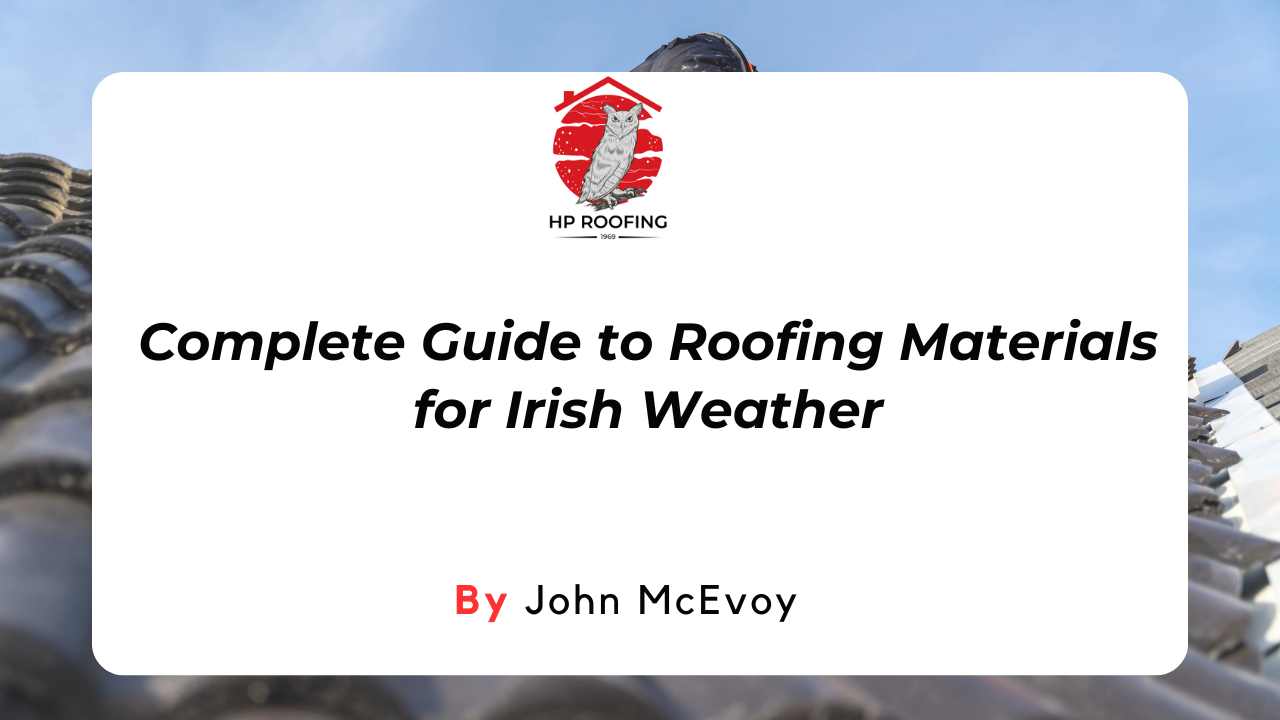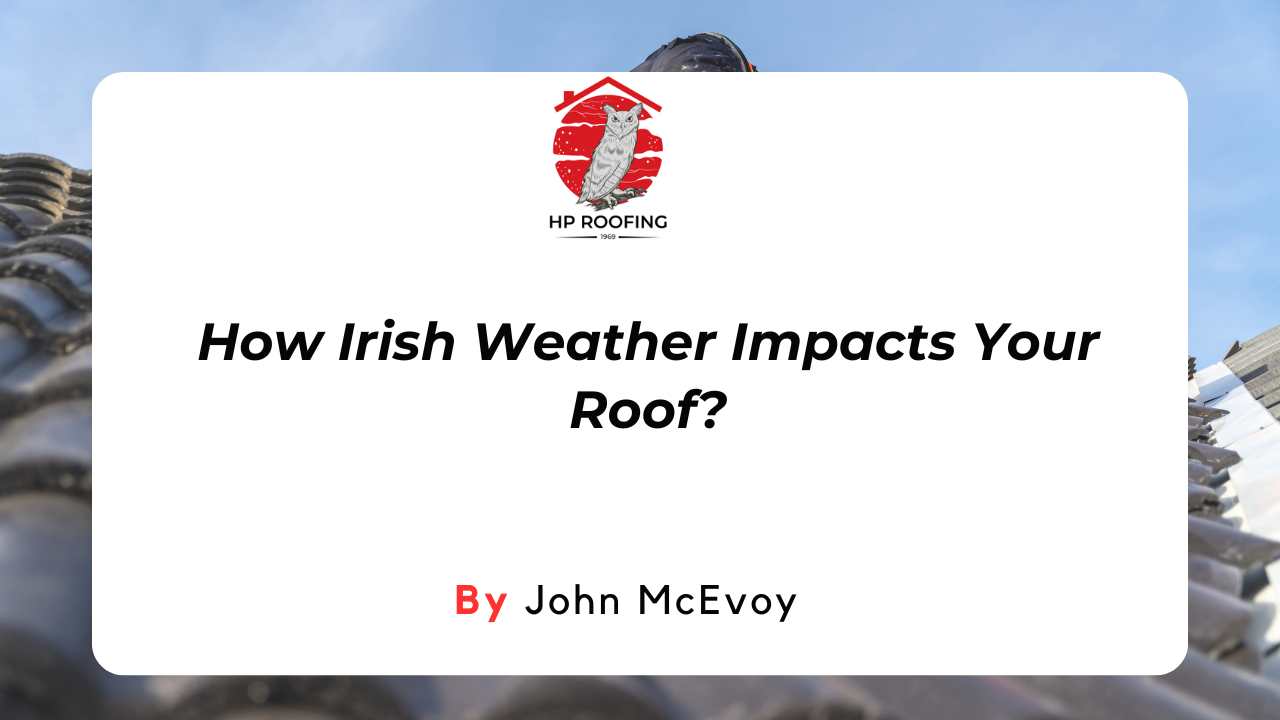If you're considering solar energy for your home or business, you’re likely wondering how Solar PV system works. Solar photovoltaics (Solar PV) are becoming one of the most popular and fastest-growing renewable energy sources worldwide, and for good reason! Let’s break it down in simple terms.
What is a Solar PV System?
In short, a Solar PV system captures sunlight and turns it into electricity. The most common material used for this is silicon, but other materials are starting to gain popularity as well.
How Does a Solar PV System Work?
At its core, a Solar PV system converts sunlight into usable electricity. This can be for your home, business, or even large solar farms. Solar panels—ranging from small rooftop setups to massive solar farms—are the key players here.
How is Electricity Produced from Solar Energy?
Solar panels are made from silicon or other materials, which are encased in metal frames and topped with glass. When sunlight hits these panels, tiny particles of energy, called photons, get absorbed. This causes electrons to move and create an electrical charge. The result? Direct current (DC) electricity!
But here’s the catch: we use alternating current (AC) electricity in our homes. So, an inverter is used to convert the DC electricity into AC electricity, making it ready to power your devices.

What’s Included in a Solar PV System?
A typical Solar PV system is made up of a few main components:
Solar Panels:
These are usually installed on your roof or garden, where they capture sunlight and produce electricity.
Inverter:
This handy device changes DC electricity into AC electricity that you can use in your home.
Battery (Optional):
Some systems come with a battery to store excess energy for when the sun isn’t shining. It’s great for those cloudy days or during the night.
During the day, your system generates power, with the most electricity being produced at midday. In places like Ireland, the system produces up to 75% of its electricity between May and September. If you have more electricity than you need, you can send it back to the grid.
How Can You Maximise the Benefits of Your Solar PV System?
If you want to get the most out of your Solar PV system, sizing it properly is key. Make sure it’s tailored to your energy needs so you can use as much of the generated electricity as possible in your home—maximising your savings!
How Does Installing a Domestic Solar PV System Work?
Installing a domestic Solar PV system means placing solar panels on your roof or in your garden, connecting them to your home’s electrical system. The panels generate DC electricity, which the inverter converts into AC electricity for your home.

Here’s what to expect:
Sizing:
Solar PV systems are usually rated in kilowatts (kW). A 1kW system typically requires 3 to 4 panels.
Excess Energy:
If your system generates more electricity than you need, you can either store it in a battery, use it to heat water, or send it back to the grid.
Types of Solar PV Products
Solar PV products come in different forms, including:
1. Solar Panels (Modules):
These are the classic panels installed on rooftops or in solar farms.
2. Building Integrated Photovoltaics (BIPV):
These are building materials—like roof tiles or windows—that have solar PV technology built in, turning your building into its own power source.
3. Consumer Electronics:
Some gadgets, like solar-powered chargers or lights, use solar energy to work.
How Much of Your Electricity Can Solar PV Supply?
A well-sized Solar PV system can meet a big chunk of your electricity needs. Here’s a simple breakdown:
- 1 square meter of solar panels can generate 150W of power on a sunny day. That’s enough to power your laptop for hours!
- A 3kW system (around 20 square meters) can produce 2,600kWh per year, covering 40% or more of the average household’s electricity in Ireland.
Even on cloudy days, your system still generates electricity, just not as much as on sunny days.
What Affects How Much Electricity Your Solar PV System Produces?
Several factors affect how much power your system produces:
Panel Quality:
The type and quality of your panels matter—better panels generate more power.
System Size:
More panels mean more electricity!
Location:
More sunlight means more energy, so your geographical location matters.
Panel Orientation:
Panels facing south in the northern hemisphere tend to capture the most sunlight, making them more efficient.
Thinking About Installing a Solar PV System?
If you’re ready to take the leap into solar energy, here’s what you should consider:
1. Find the Right Installer
Choosing a qualified installer is essential. Make sure they’re:
- Solar PV certified
- A Registered Electrical Contractor (REC) with Safe Electric Ireland
- Tax-compliant
2. Choose the Right Equipment
Your system will include:
- Solar modules to capture sunlight
- An inverter to convert DC to AC electricity
- Mounting systems to secure your panels
- Optional battery storage or diverter switches for excess energy
Be sure to check the Triple E Register for energy-efficient products.
3. Understand Planning Requirements
Before you install, check local regulations, such as:
- Panels must be 50 cm from the roof edge
- Free-standing systems should be no larger than 25 m² or 2.5 meters high
- Panels can’t be installed in front of your house
- If you’re in a Conservation Area, check with your local planning office for special rules
Conclusion
So, why should you care about how Solar PV system works? Understanding the basics helps you make informed decisions about adopting solar energy for your home or business. With the right equipment, sizing, and installation, you can harness the sun’s power, reduce your reliance on traditional energy, and contribute to a more sustainable future. Ready to start your journey? Let’s go solar!
















